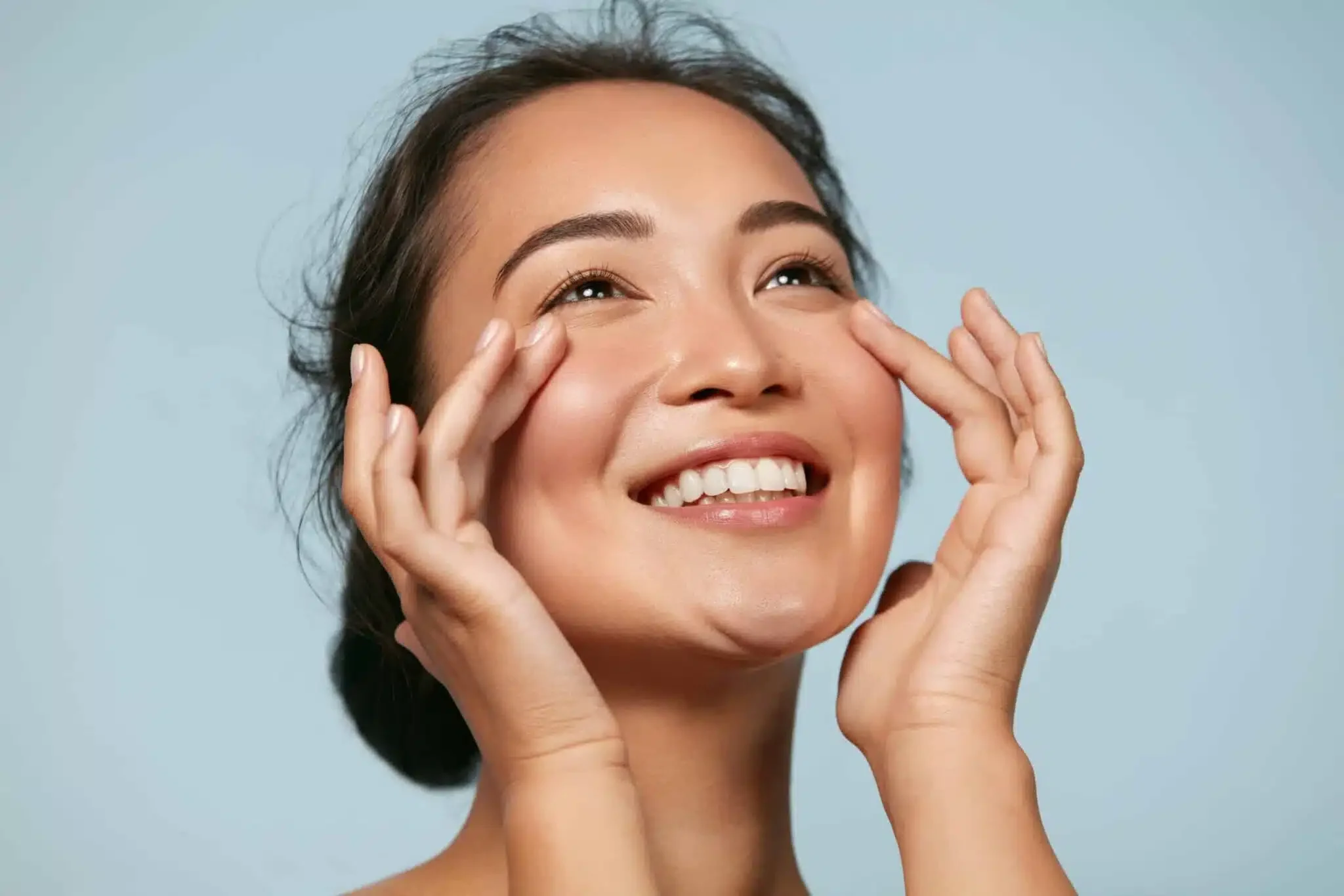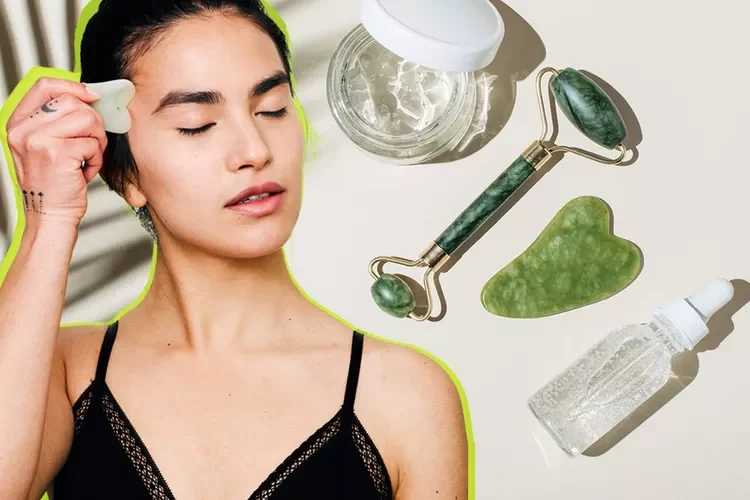No products in the cart.: ₨ 0
Understanding the Difference Between Chemical Sunscreen and Mineral Sunscreen: Exploring Heliocare and Its Benefits

When it comes to sunscreens there are essentially two distinct types of sunscreens that refer to the type of UV filters that are used. These are namely chemical and mineral filters. Most available sunscreens usually are a combination of chemical and mineral sun filters.
Chemical Filters
- Chemical sunscreens absorb ultraviolet (UV) radiation and release their energy harmlessly
- They are easy to use, absorb quickly into the skin, and often provide moisturising benefits
- While they primarily absorb UV radiation, recent studies suggest they may also reflect a small percentage of light
- Allergic reactions to chemical sunscreens are rare, especially with the discontinuation of older filters
- The photostability of chemical sunscreens varies depending on the specific chemicals used
- Chemical sunscreens offer protection against both UVA and UVB rays but may break down when exposed to the sun, so regular re-application is important
- Modern sunscreens often contain antioxidants for additional skin protection
- It’s recommended to wait at least 20 minutes after applying a chemical sunscreen before sun exposure to allow it to be absorbed fully
Mineral Filters (also referred to as physical)
- Mineral sunscreens contain Zinc Oxide or Titanium Dioxide, which are inert metals that sit on the skin’s surface and reflect harmful UV rays away
- Older mineral sunscreens left a thick, white residue on the skin, but modern formulations have micronized the particles to be cosmetically acceptable without leaving a white cast
- Allergic reactions to Zinc Oxide and Titanium Dioxide are unlikely
- Titanium Dioxide protects against UVB rays, while Zinc Oxide offers protection against most of the UVA spectrum as well as UVB rays
- Mineral sunscreens provide immediate protection upon application, and there is no need to wait before sun exposure
- They may rub off more easily when towel drying, similar to chemical sunscreens
- Regular re-application is advised, especially after swimming or heavy sweating
- An innovative option is mineral sunscreen powder, which is portable and convenient for re-application throughout the day. It can be carried in a handbag or sports bag and doesn’t interfere with makeup due to its powder formulation
Chemical & Mineral Sunscreen Combination
More modern sunscreens make use of both chemical and mineral filters covering a far broader spectrum of UV radiation including long UVA, high-energy visible light and infrared.
Interesting Sunscreen Facts
- These days there are more sunscreens formulated especially for the delicate eye area, indicated for people with eye sensitivity or who wear contact lenses
- They are also indicated for sportspeople as they do not run into the eyes causing stinging
- The SPF factor in sunscreen is calculated in the laboratory under perfect laboratory conditions.
- However everyday life is not a perfect laboratory therefore we generally do not apply sunscreen thick enough and do reapply throughout the day
- Visible light may be harmful to the skin and therefore some of the more modern sunscreens, both chemical and mineral, include Iron Oxides in their formulations
- Iron oxide produces a slight brown tint but this provides visible light protection. These are referred to as tinted sunscreens
- Modern sunscreens have many different formulations with or without tints and these days you can choose a sunscreen that is appropriate for your skin type
Tips that can help with selecting your sunscreen
- If you have oily, acne-prone skin you should rather use an oil-free gel with a dry touch, matte finish
- You should use a rich, cream-based sunscreen if you have dry skin and a lotion if you have normal or combination skin
- Rather err on the side of a slightly higher SPF factor but what is most important is to have a sunscreen that has broad-spectrum protection against UVA as well as UVB radiation
- When it comes to choosing a sunscreen for yourself, it is a personal preference, taking skin type, lifestyle, and aesthetics into consideration.
- If your skin is sensitive a mineral sunscreen would be best suited to your skin type
- If you are sporty you would look for a sunscreen that has safe eye technology to avoid running into your eyes when you sweat
Skincare ingredients that can be found in Sunscreens
- Antioxidants
- Iron Oxide
- Botanical Extracts
- Sodium Hyaluronate
- Green Tea Extract
- Bisabolol

